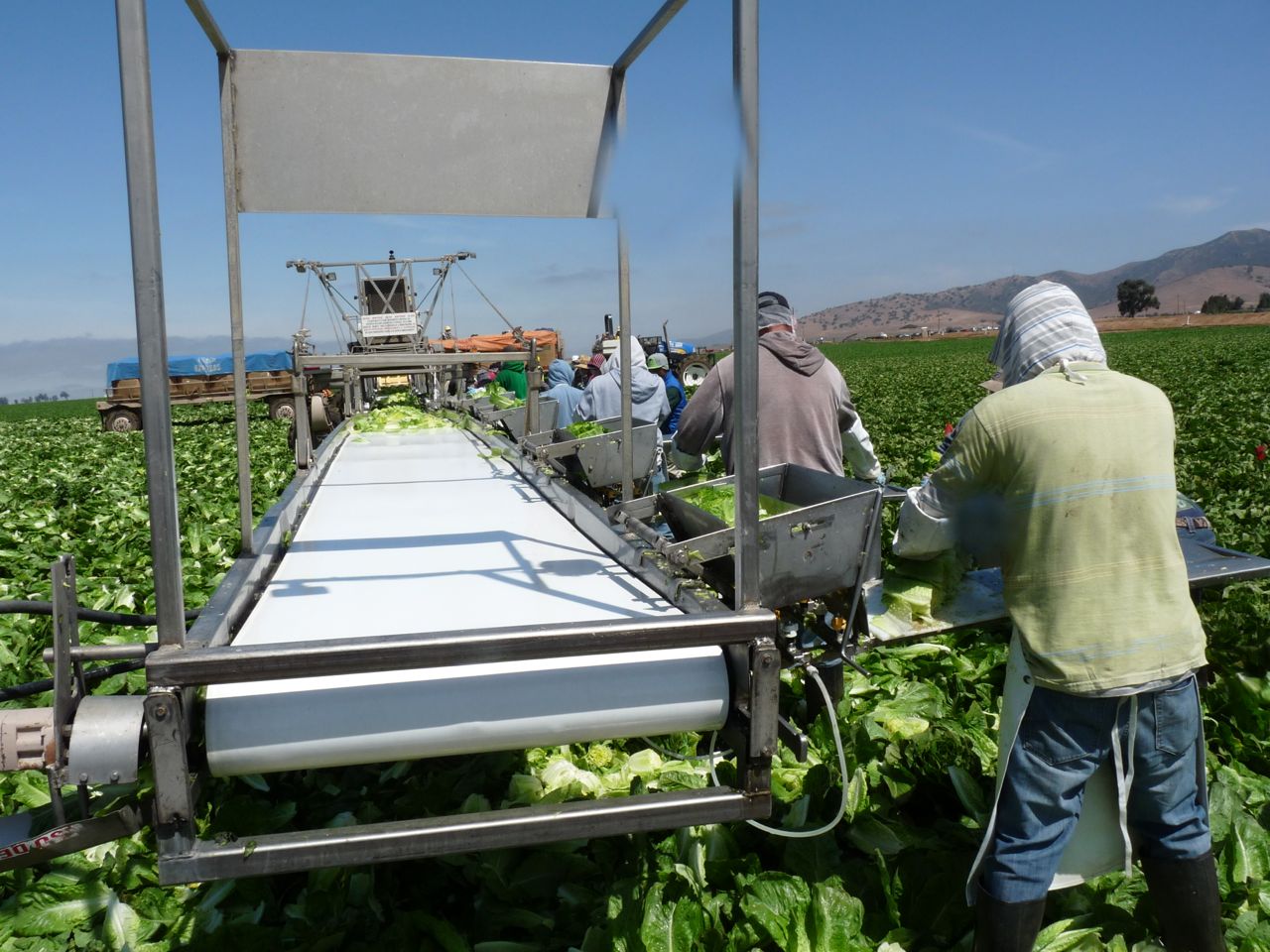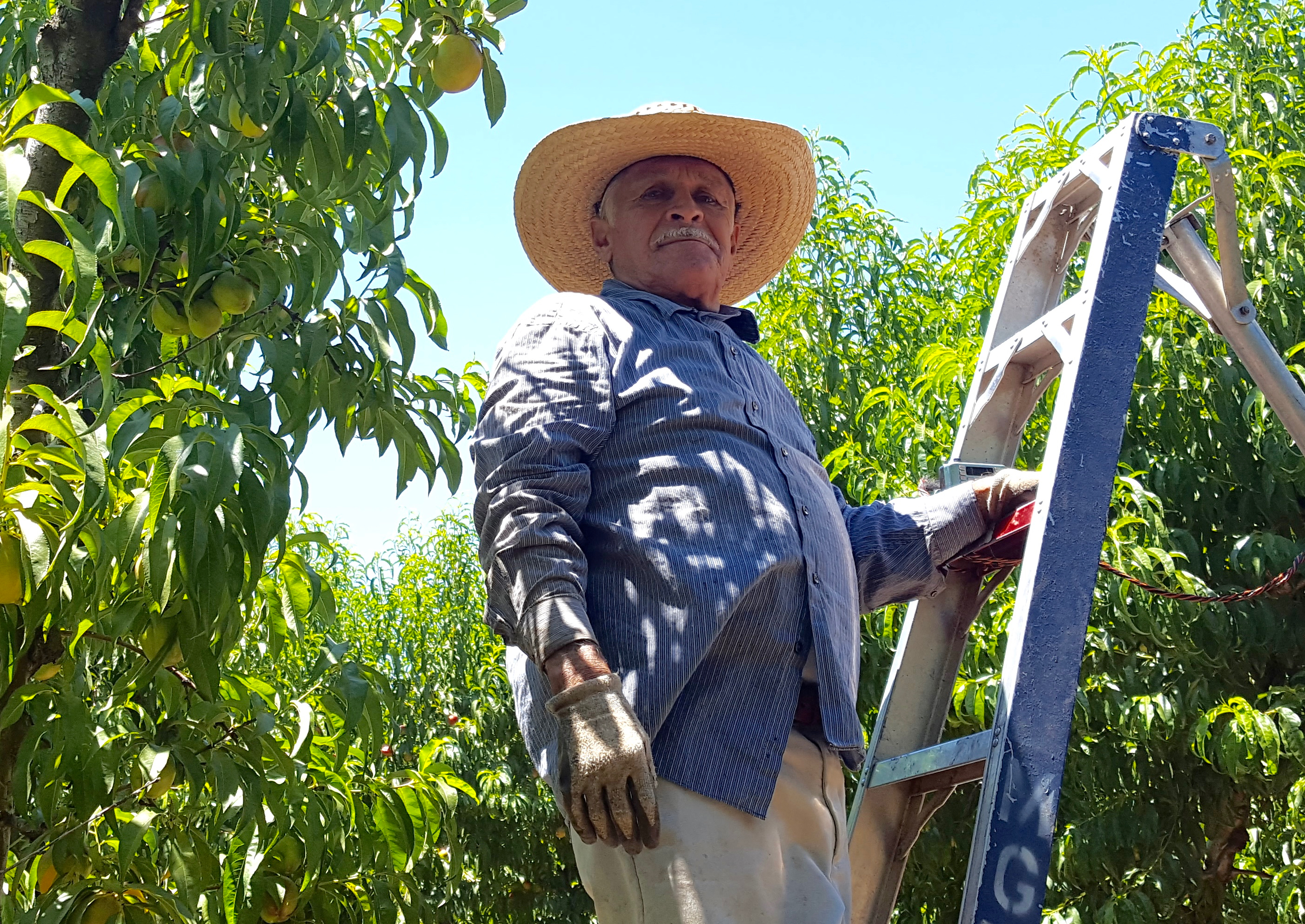Heat Illness Prevention for Field Workers
Farmers Guard Their Most Valuable Asset
By Patrick Cavanaugh, Editor
When temperatures are heating up, it’s important that growers are keeping farm employees safe to prevent exhaustion and heat-related illnesses and to ensure that their employees go home to their families at the end of the day.
On an average day, temperatures in fields can range from eight to 10 degrees hotter than the average temperature in the area.
“We try always to have a regular tailgate meeting to remind all of our farm employees about the hazards of working when temperatures are more than 80 degrees,” said Ron Samuelson, a Fresno County grower who produces almonds and cherries. “We educate our employees about the importance of drinking water, the emergency procedures if needed. And for increased prevention, we are in constant contact with the workers throughout the day.”
Samuelson said that shade is essential once temperatures reach around 80 degrees and they make sure there is adequate shade in the morning if temperatures are going to get to that high.
“If field employees are in an almond orchard where there are mature trees, there is adequate \shade for them to sit and rest under a tree to cool down,” Samuelson explained. “And when the temperature begins to reach 100 degrees, it’s not uncommon for work to stop to give employees a break from the heat.”
“If temperatures go over 95 degrees, we employ other procedures. The first thing we would do is to talk to the guys to get their input as to what’s their thoughts on how soon they want to stop working for the day.”
“A lot of times, we’ll start a little bit earlier and knock off earlier. Then we take breaks more often as well. We try to maintain that, encourage them to drink at least a quart per hour throughout the day. We make sure they let us know if the water jugs are down to a gallon are less. That way we can get them refilled right away.”
Employee safety is paramount because it would be impossible for farmers to farm without them.
“So it’s essential to help them get through the day and avoid heat stress. At the end of the day, our employees matter most,” Samuelson said.














